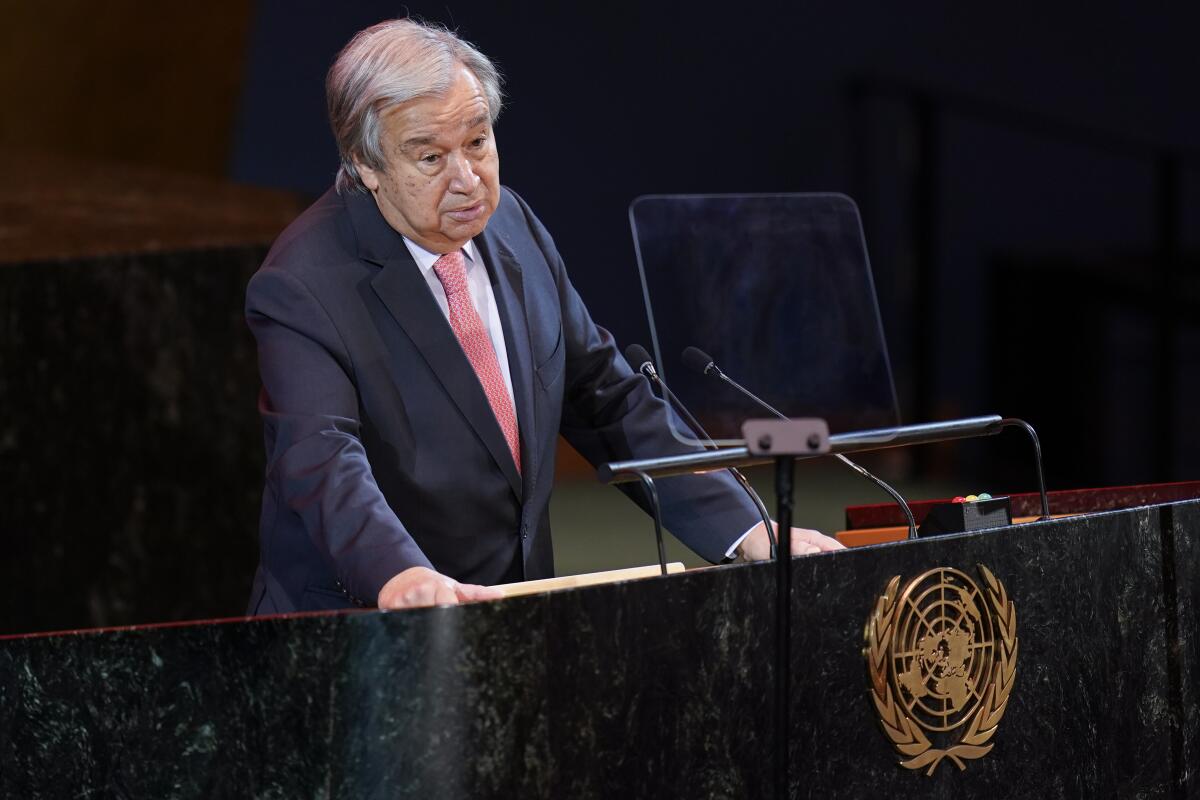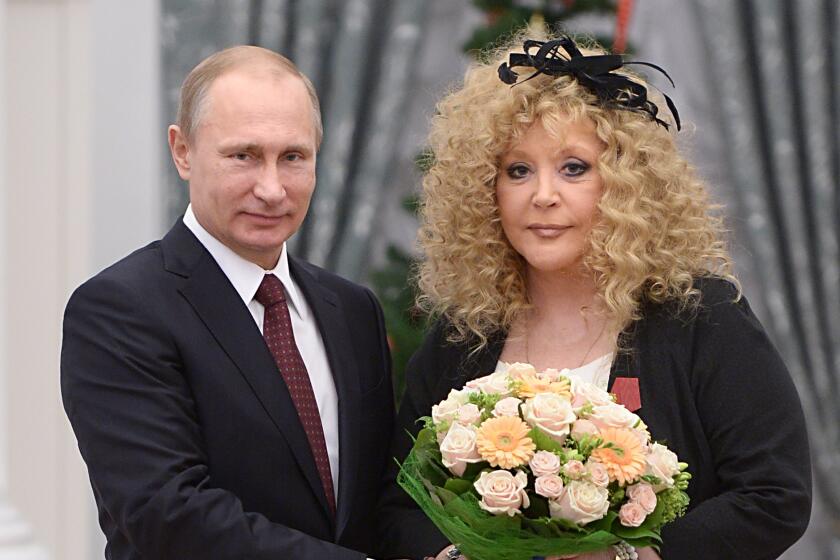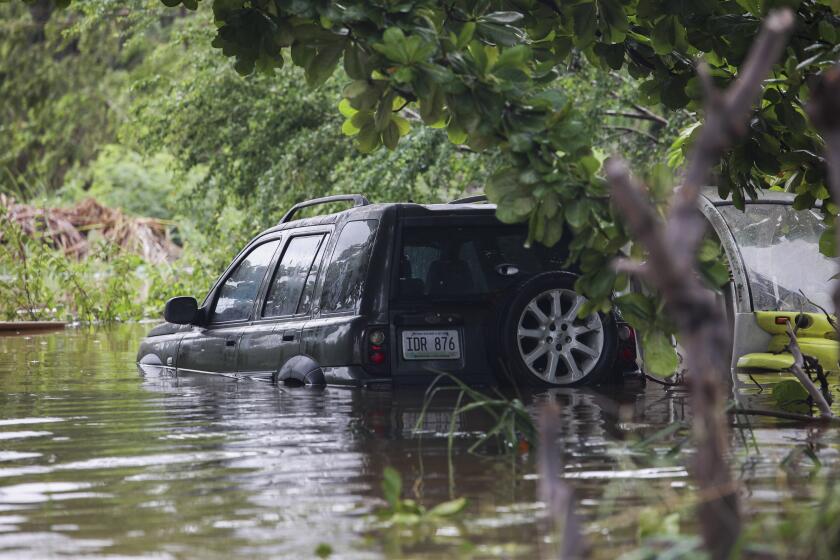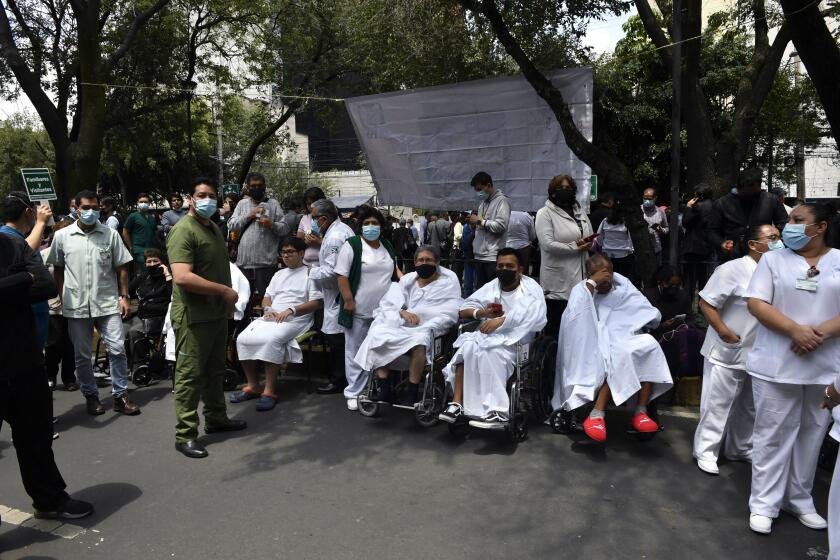U.N. chief warns that the world is ‘paralyzed’ and equity is slipping away

UNITED NATIONS — In an alarming assessment, the head of the United Nations warned world leaders Tuesday that nations are “gridlocked in colossal global dysfunction” and are unprepared or unwilling to tackle the challenges that threaten humanity’s future — and the planet’s.
“Our world is in peril — and paralyzed,” U.N. Secretary-General António Guterres said.
Speaking at the opening of the General Assembly’s annual high-level meeting, Guterres made sure to emphasize that hope remained. But his remarks reflected tension and concern, citing the war in Ukraine and multiplying conflicts around the world, the climate emergency, the dire financial situation of developing countries and setbacks in U.N. goals for 2030, including ending extreme poverty and ensuring quality education for all children.
Guterres also warned of “a forest of red flags” around new technologies despite promising advances to heal diseases and connect people. Guterres said social media platforms are based on a model “that monetizes outrage, anger and negativity.” Artificial intelligence he said, “is compromising the integrity of information systems, the media and, indeed, democracy itself.”
The world lacks even the beginning of “a global architecture” to deal with the ripples caused by these new technologies because of “geopolitical tensions,” Guterres said.
His opening remarks came as leaders from around the world convened at U.N. headquarters in New York after three years of pandemic interruptions, including an entirely virtual meeting in 2020 and a hybrid one last year. This week, the halls of the U.N. are filled once more with delegates, though they are required to wear masks except when speaking, to help prevent COVID-19 spread.
At the risk of being branded a traitor, pop singer Alla Pugacheva has become the most prominent Russian celebrity to question the war in Ukraine.
Guterres started with a note of hope. He showed a video of the first U.N.-chartered ship carrying grain from Ukraine — part of the deal between Ukraine and Russia that the U.N. and Turkey helped broker — to the Horn of Africa, where millions of people are on the edge of famine. He said it was an example of promise and hope “in a world teeming with turmoil.”
He stressed that cooperation and dialogue were the only path forward — two fundamental U.N. principles since its founding after World War II. And he warned that “no power or group alone can call the shots.”
“Let’s work as one, as a coalition of the world, as united nations,” he urged leaders gathered in the vast General Assembly hall.
It’s rarely that easy. Geopolitical divisions are undermining the work of the U.N. Security Council, international law, people’s trust in democratic institutions and most forms of international cooperation, Guterres said.
Hurricane Fiona blasts the Turks and Caicos Islands after devastating Puerto Rico, where most people remain without electricity or running water.
“The divergence between developed and developing countries, between North and South, between the privileged and the rest, is becoming more dangerous by the day,” the secretary-general said. “It is at the root of the geopolitical tensions and lack of trust that poison every area of global cooperation, from vaccines to sanctions to trade.”
Before the global meeting opened, leaders and ministers wandered the assembly hall, chatting individually and in groups. It was a sign that that, despite the fragmented state of the planet, the U.N. remains the key gathering place for presidents, prime ministers, monarchs and ministers.
Nearly 150 heads of state and government are on the latest speakers list.
At the top of the agenda for many: Russia’s invasion of Ukraine, which not only threatens the sovereignty of its smaller neighbor but has raised fears of a nuclear catastrophe at Europe’s largest nuclear plant in the country’s now Russia-occupied southeast.
The damage was surprisingly limited for an earthquake that U.S. authorities said had a magnitude of 7.6 on the Richter scale.
Over objections from Russia and a few of its allies, the assembly voted last Friday to allow Ukrainian President Volodymyr Zelensky to pre-record his speech because of reasons beyond his control — the “ongoing foreign invasion” and military hostilities that require him to carry out his “national defense and security duties.”
President Biden, representing the host country for the United Nations, is traditionally the second speaker. But he has been attending Queen Elizabeth II’s funeral in London, and his speech has been pushed to Wednesday morning.
More to Read
Sign up for Essential California
The most important California stories and recommendations in your inbox every morning.
You may occasionally receive promotional content from the Los Angeles Times.













